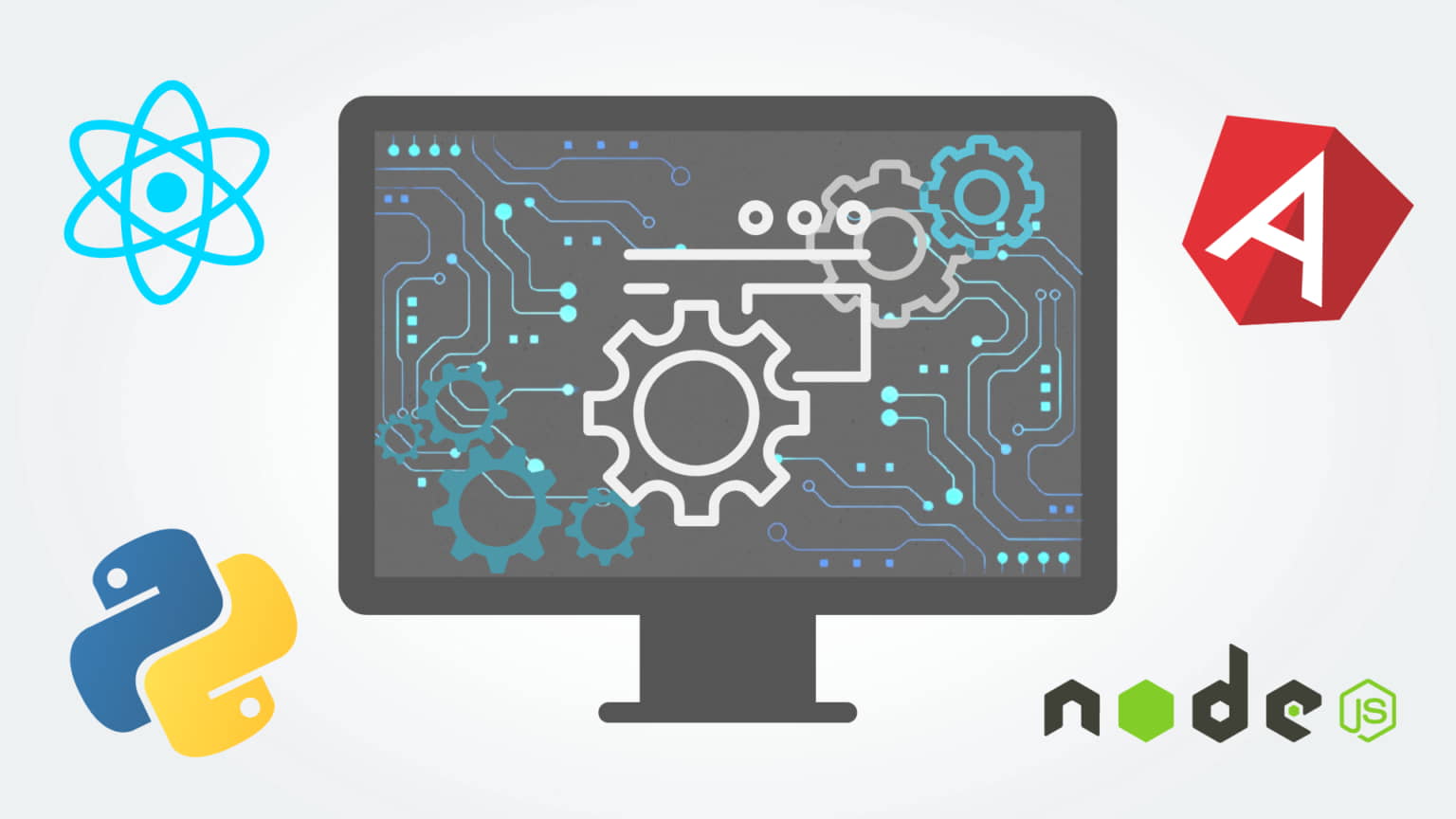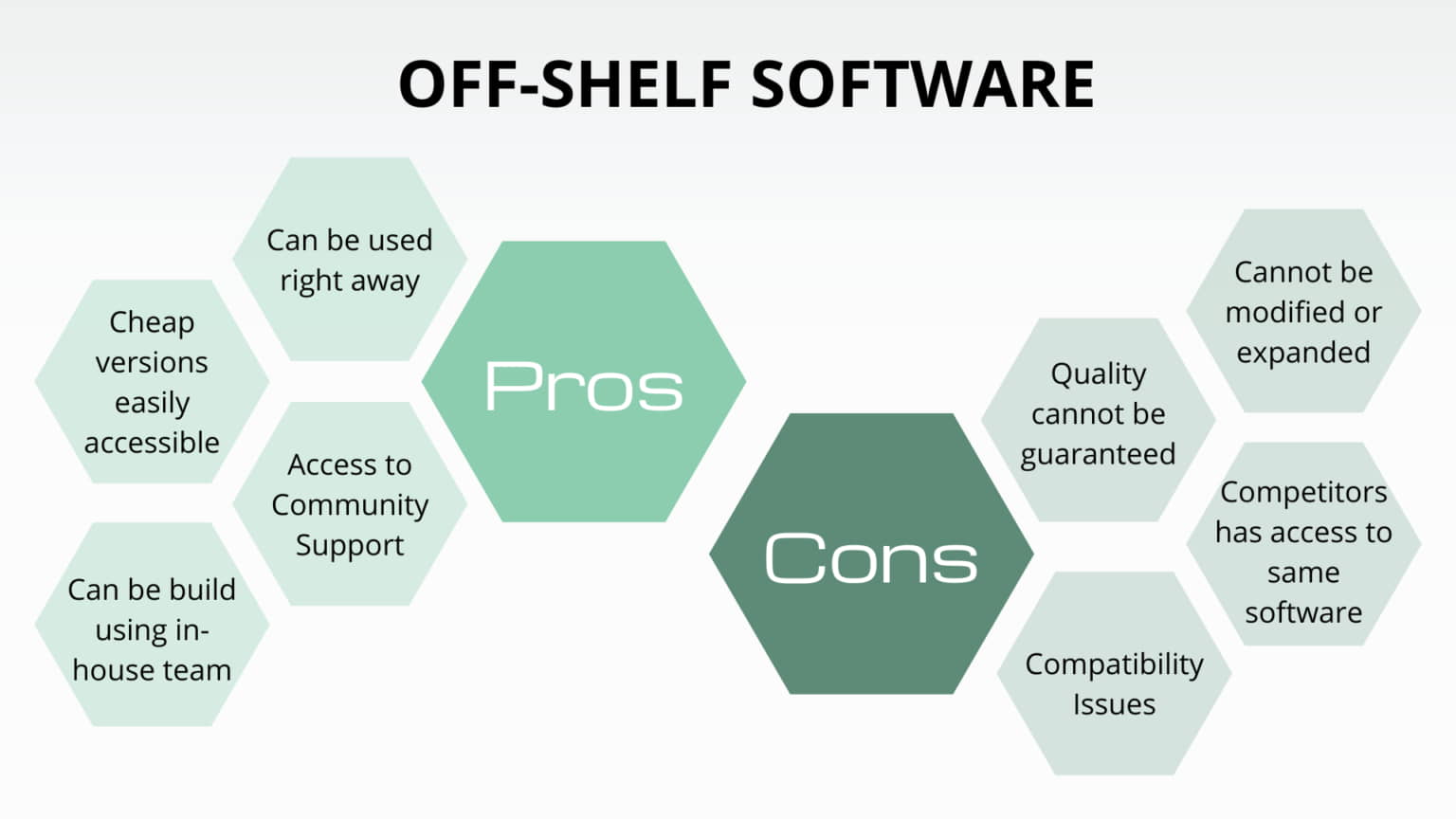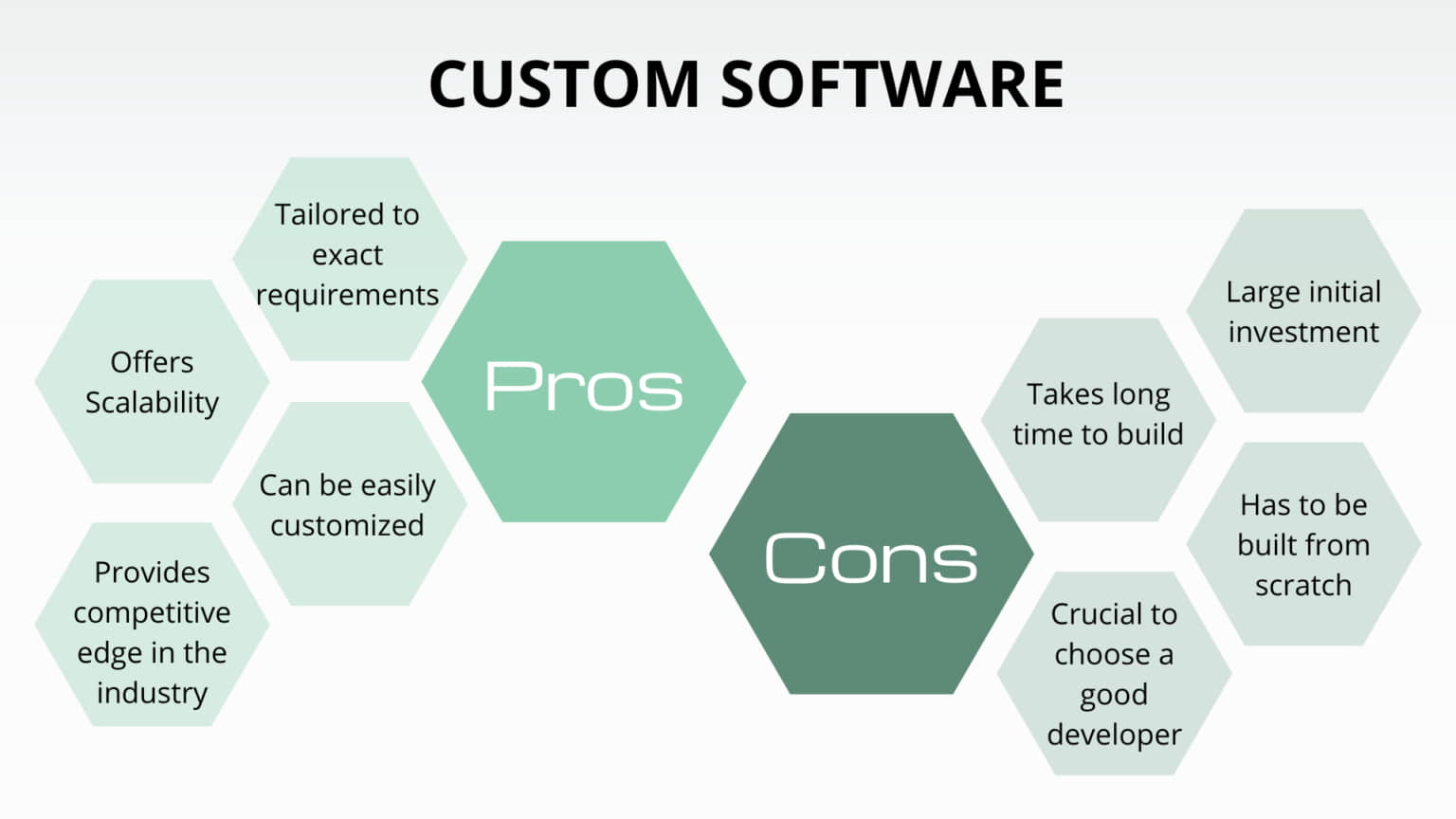Businesses are now lining up to create eCommerce platforms, as every entrepreneur or company needs a strong digital presence. With truckloads of information and options available online at our fingertips, people no longer prefer the traditional brick-and-mortar shops. On the other hand, in some cases, businesses too find it costly to maintain a physical store as returns are not sufficient to cover expenses.
eCommerce has been on a steady rise for many years, but the industry boomed in 2020 when the world faced an unexpected global crisis. The eCommerce platform already had giants like Amazon and quite a few others, but the pandemic forced even small-to-medium-scale businesses to shift online and the demand for eCommerce platforms skyrocketed on both the consumer and business end.

Statista: Retail e-commerce sales worldwide from 2014 to 2025 (in billion U.S. dollars)
What began as a trend fuelled by tough times, has now become an essential feature for businesses, and there is no other right time than now to invest in eCommerce platforms. Rapid technological advancements, easy access to information, and the increase in the use and availability of smartphones have revolutionized the business world, thereby influencing consumer behavior and the way businesses operate. Selling online is now the “it” thing. In these times, building an eCommerce platform is essential for businesses to gain a competitive edge, establish a positive brand image and boost revenues.
There are many online tools that can help one get started with an eCommerce platform, but none of them is 100% equipped with all the possible features. For instance, what if you have a wide range of products that you want to organize across multiple categories? What if you want to add a special in-app currency or a voucher code generator that customers can use while shopping?
Off-Shelf eCommerce platforms may be easier and quicker to use, but they are not ideal for long-term operations. Investing in custom software applications for eCommerce is the more sensible choice due to the many benefits they provide.
To understand why custom software development is a better investment for eCommerce development over Off-Shelf software, let’s read on further!
Choosing eCommerce Software
As the name suggests, custom software is a tailor-made software solution that is designed to serve a specific list of requirements. Most industry giants use custom software, be it for websites, internal and external management systems like ERPs and CRMs, or even for eCommerce platforms. No two custom software are exactly alike, which is why they are indispensable resources to companies.
Custom software is a wiser investment due to its superior capabilities compared to Off-Shelf software. While it is true that commercial or readymade software packages are cheaper and more accessible, it is not an ideal choice for building eCommerce platforms. Every eCommerce is of different sizes and has unique requirements and features. A business needs to set its brand apart and have a USP (Unique Selling Point) for a competitive edge in the market. Softwares for eCommerce usually require features to adapt to changes in scalability and operations. Off-shelf standard software formats are usually not very convenient as it provides limited scope for modifications when required.

Custom Software vs. Off-Shelf Software
Both Custom and Off-Shelf software have their own set of advantages and disadvantages, but it boils down to what you need the software for. If you have relatively straightforward needs that can be resolved using ready-made software, then it’s more cost-effective to use Off-Shelf programs. On the other hand, if you have a combination of complex requirements and the software requires modification with the changing size and structure of the organization which is common with eCommerce platforms, then a custom software solution can benefit you in the long run.
Advantages of Off-Shelf Software
- Low Cost and Availability: Off-Shelf Software is widely available and is comparatively cheaper than building software from scratch.
- Easy Assembly: You can assemble the software package within a fraction of the time, with minimal effort.
- Supportive Features: The best part about off-shelf software is the wide community-based support you have access to.
- Easy Troubleshooting: A generalized off-shelf software has many users, therefore many businesses may have faced similar issues to yours before and have found solutions that work.
Disadvantages of Off-Shelf Software
- Generic Content: Off-shelf software is made with common users in mind, so the package is often quite generic. This can leave more to be desired, especially when you are trying to build a nice eCommerce platform to set you apart from the rest.
- Lack of Adaptability: The main issue with off-shelf software is that it cannot be easily modified. You can make slight alterations, but it will still be a generic software package at the end of the day.

Advantages of Custom Software
- Scalability: The limitless scalability and superior customization capabilities make it a worthy investment for your business.
- Customized Features: Building software from scratch allows you to pick and choose only the best features for your eCommerce platform, and leave out the bits you don’t need.
- Brand Adaptability: You can fully optimize custom software to perfectly match your needs and mold it to your business and brand.
Disadvantages of Custom Software
- Time-Consuming and Expensive: Time and cost are the biggest disadvantages of custom software. You need quite a large initial investment to build the software from scratch, and this inadvertently takes much longer compared to off-shelf software.
- Skill and Expertise: The development of quality custom software depends on the skills and knowledge of the software developer. This is why it is important to determine the development experts to hire for the project.

Summary
Building an eCommerce platform is no longer a difficult endeavor. Many smaller businesses are utilizing Off-Shelf software to launch their business online, but once they start to expand, the generic platforms start to feel inadequate. Custom software is a great investment for businesses that envision growth. The system is created with scalability in mind, so it can be tweaked to become bigger or smaller as needed. The unique combination of features that a custom eCommerce platform possesses gives businesses a competitive edge over the rest.
One thing to keep in mind is that a custom platform is only as good as its developers. Finding a trusted developer is paramount if you want to reap the long-term benefits. Regular maintenance and bug fixes are necessary to keep things running smoothly, and it is not possible without a capable team to help you along the way.
Feeling convinced? Now may be the perfect time to look into custom eCommerce development for your business. Take a look at the eCommerce platform of MJL Bangladesh for example, they recently invested in a customized software development project to include a Mobil authentication system on their eCommerce platform to improve the trust of customers while purchasing lube oil online.
It’s important to remember, however, that Off-shelf software undoubtedly has the convenience of use – but only if you consider short-term benefits while, custom software is an asset to your business, which means you will get great results in the long run.
Verdict
While more complex to establish, custom software is a worthy investment for eCommerce with long-term implications.
Frequently Asked Questions (FAQs)
Why is custom software an expensive investment?
Custom software has to be built from the ground up, which requires a significant amount of time and energy, as well as a higher level of expertise. Hiring a professional might cost you more money, but it is important to remember that this is a big project with long-term implications.
How long does it take to build a custom eCommerce platform?
The duration depends on the complexity of the eCommerce project. On average, it should take about 5-6 months from start to finish to build a custom eCommerce platform.
How does the software development team handle after-sale support?
Each company handles support a little differently, some offer very timely solutions while others might require a fair bit of follow-up depending on the issues. It is important to jot down the finer details of the Service Level Agreement (SLA) before starting the project so you know what to expect after the project is completed.
How much control do I have over the custom-built software?
You will have full control over the software and will be able to access everything. Certain parts of the software might be restricted from easy access as they might contain essential backend programming that should not be tampered with.


